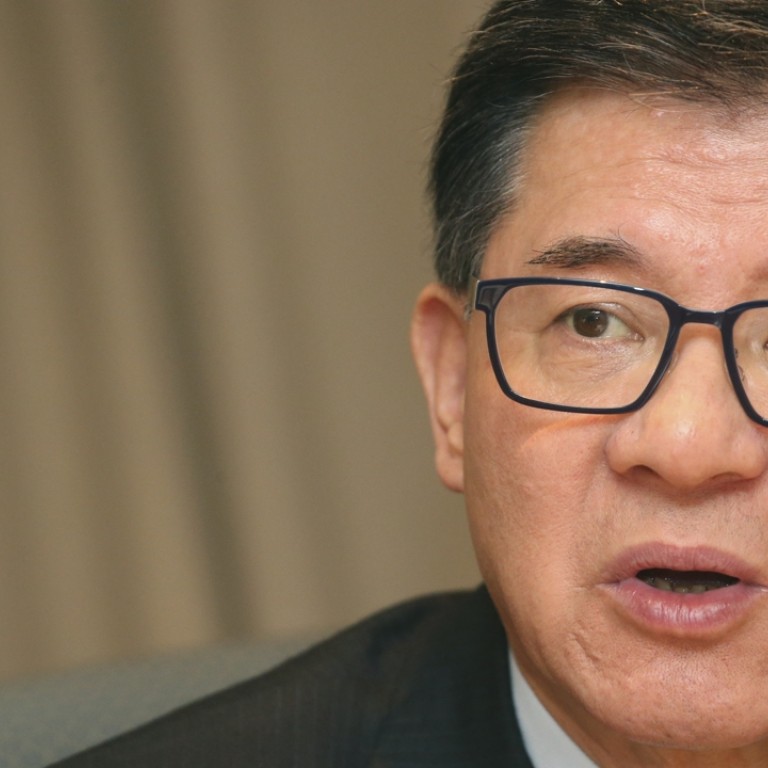
Smaller Hong Kong developers encounter difficulties in gaining a foothold in mainland China
Bigger players have advantage in capital intensive business
Small to medium-sized Hong Kong developers focused on investing in mainland China’s real estate market face a double-edged sword of thin profit margins being squeezed by fierce competition and slim chances of returning to Hong Kong where barriers to entry remain high, industry experts say.
“Hong Kong’s property market is still in the hands of a few property giants. Their return will be very costly in terms of land cost,” said Kenny Tang Sing-hing, chief executive of Jun Yang Securities.
“They have no alternatives but to join the queue of selling down their assets in inland cities but not all can find a buyer to pay the right price.”
Property development was a capital intensive business, he said, pointing out the bigger players could leverage their scale and financial strength to expand their market share across the mainland at lighting speed”.
“Foreign players face immense difficulties to jostle for market share in such a highly competitive industry,” he said.
Chinese developers are willing to take high risks in return for bigger market share
Alex Wong, an asset management director at Ample Capital, said Hong Kong or foreign firms would find it hard to gain a foothold on the mainland if they failed to differentiate their products and services.
“Chinese developers are willing to take high risks in return for bigger market share. They do not mind accumulating huge levels of debt,” he said.
Some listed Chinese developers had made a habit of “using other people’s money” – tapping the equity market to raise funds, even at high interest rates – to acquire land at “jaw-dropping” prices in a bid to get bigger, he said, but Hong Kong developers would not adopt such a high-risk strategy.
Wong said it was not only small to medium-size players from Hong Kong that had encountered the sales problem, but also big property firms.
“Only international giants such as Nike or Disneyland, with a strong brand that cannot be replaced, stand to make good profits in China”, he said.
READ MORE: Hong Kong developers’ competitive edge in China slipping away
READ MORE: Mainland China property market expected to see better balance of demand and supply
Wong said the only way for small Hong Kong developers to survive would be to speed up their sales and shore up cash flow.
Shui On Land, chaired by Vincent Lo Hong-sui, is one Hong Kong developer focused on mainland property that has been forced to push for speedier sales in the wake of the fundraising challenges faced by the industry since early last year.
Shui On earlier embarked on a drastic shake up after reporting two years of disappointing results, with
Lo apologising to shareholders when it reported an 87 per cent year-on-year plunge in full-year profits to 201 million yuan in 2012.
After speeding up sales, Shui On Land said it achieved contracted sale of 21.51 billion yuan last year, up 121 per cent from 9.75 billion yuan in 2014.
But Hong Kong property firms are still laggards compared with mainland developers, who have adopted a “fire-sale” strategy.
China Vanke, the mainland home builder embroiled in a power struggle for control of the company, ranked No 1 among mainland developers with sales of 262.7 billion yuan last year.
Evergrade Real Estate, the property group controlled by billionaire Hui Kayan, was in second spot with gross sales of 205.04 billion yuan.
China Vanke has topped the league tables for mainland developers since 2011, the first year that the data was compiled by China Real Estate Information Corp.

